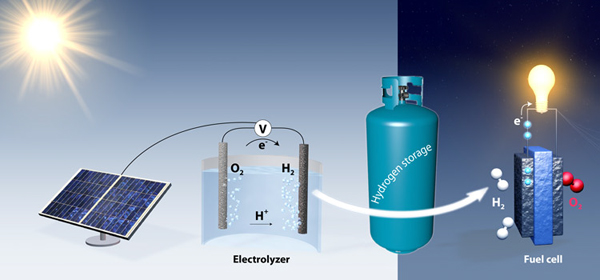
Breaking News
 Meet the New Porn: Even Worse than the Old Porn
Meet the New Porn: Even Worse than the Old Porn
 The unbearable pettiness of celebrity award shows
The unbearable pettiness of celebrity award shows
 Leftist Censors Cry About Censorship
Leftist Censors Cry About Censorship
 Natural solutions to hypertension: How beets, garlic and leafy greens can lower blood pressure...
Natural solutions to hypertension: How beets, garlic and leafy greens can lower blood pressure...
Top Tech News
 Critical Linux Warning: 800,000 Devices Are EXPOSED
Critical Linux Warning: 800,000 Devices Are EXPOSED
 'Brave New World': IVF Company's Eugenics Tool Lets Couples Pick 'Best' Baby, Di
'Brave New World': IVF Company's Eugenics Tool Lets Couples Pick 'Best' Baby, Di
 The smartphone just fired a warning shot at the camera industry.
The smartphone just fired a warning shot at the camera industry.
 A revolutionary breakthrough in dental science is changing how we fight tooth decay
A revolutionary breakthrough in dental science is changing how we fight tooth decay
 Docan Energy "Panda": 32kWh for $2,530!
Docan Energy "Panda": 32kWh for $2,530!
 Rugged phone with multi-day battery life doubles as a 1080p projector
Rugged phone with multi-day battery life doubles as a 1080p projector
 4 Sisters Invent Electric Tractor with Mom and Dad and it's Selling in 5 Countries
4 Sisters Invent Electric Tractor with Mom and Dad and it's Selling in 5 Countries
 Lab–grown LIFE takes a major step forward – as scientists use AI to create a virus never seen be
Lab–grown LIFE takes a major step forward – as scientists use AI to create a virus never seen be
 New Electric 'Donut Motor' Makes 856 HP but Weighs Just 88 Pounds
New Electric 'Donut Motor' Makes 856 HP but Weighs Just 88 Pounds
 Donut Lab Says It Cracked Solid-State Batteries. Experts Have Questions.
Donut Lab Says It Cracked Solid-State Batteries. Experts Have Questions.
Water good idea: Solar-powered home stores energy as hydrogen

A new development in Chiang Mai, Thailand, reportedly solves these problems. It converts excess power to hydrogen and stores it for use later.
There are four family homes in the Phi Suea House development, as well as several other purpose-built buildings. According to project developer CNX Construction, the homes will be the first in the world to run on solar-powered hydrogen storage.
To achieve this, there will eventually be 114 kW of photovoltaic panels generating around 441 kWh of electricity a day, a partial excess of which will be stored in two 2,000-Ah lead-acid battery banks. Electrolyzers will then convert additional excess power into hydrogen gas by applying an electrical current to water. The hydrogen will then be stored until it is needed, typically at night, at which point it will be changed back into electricity via fuel cells.



